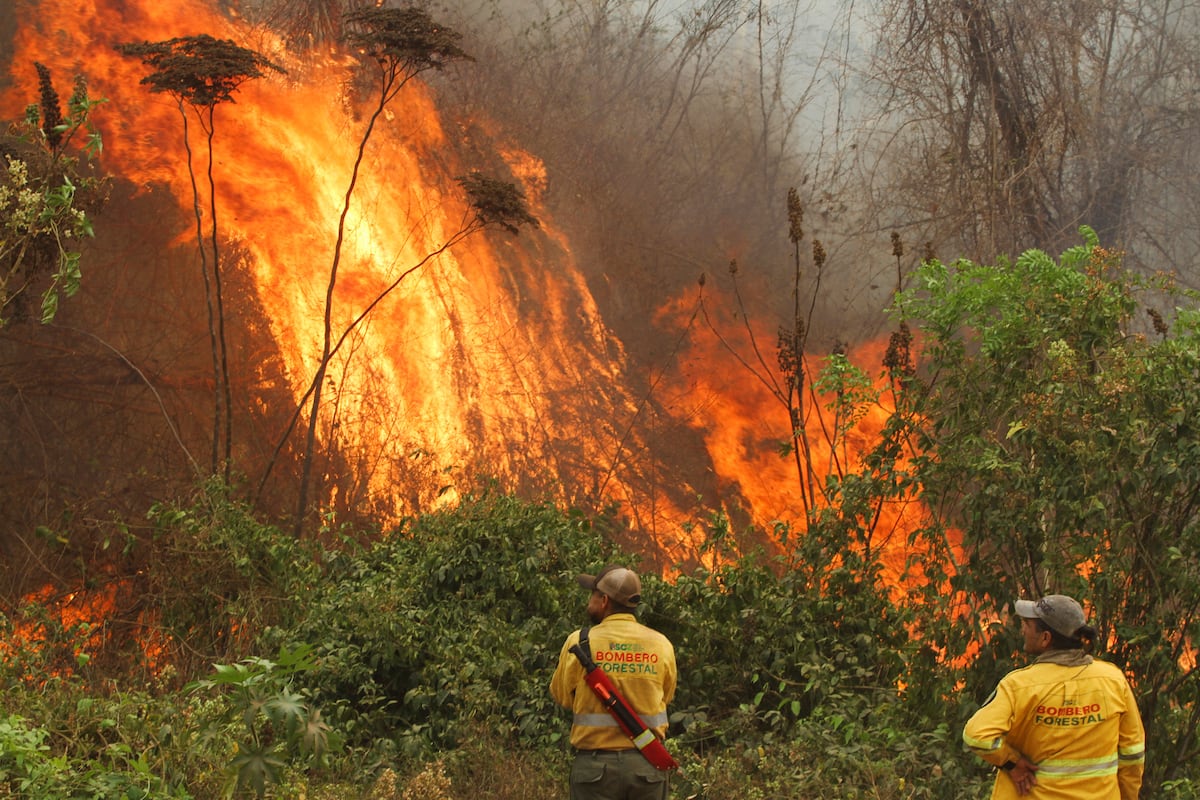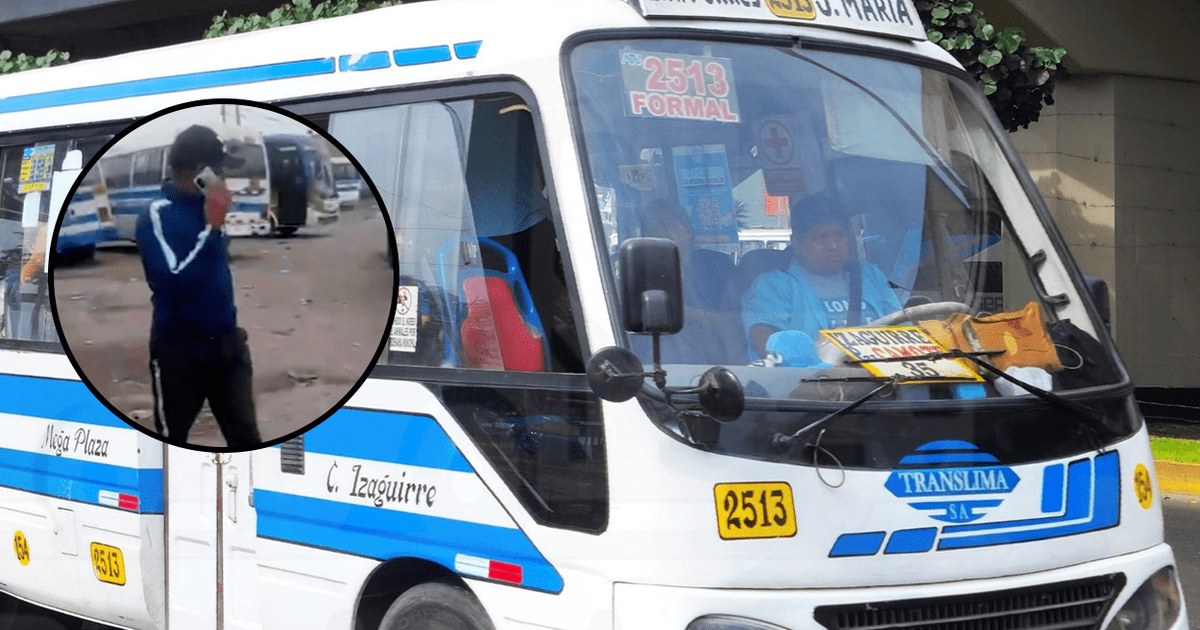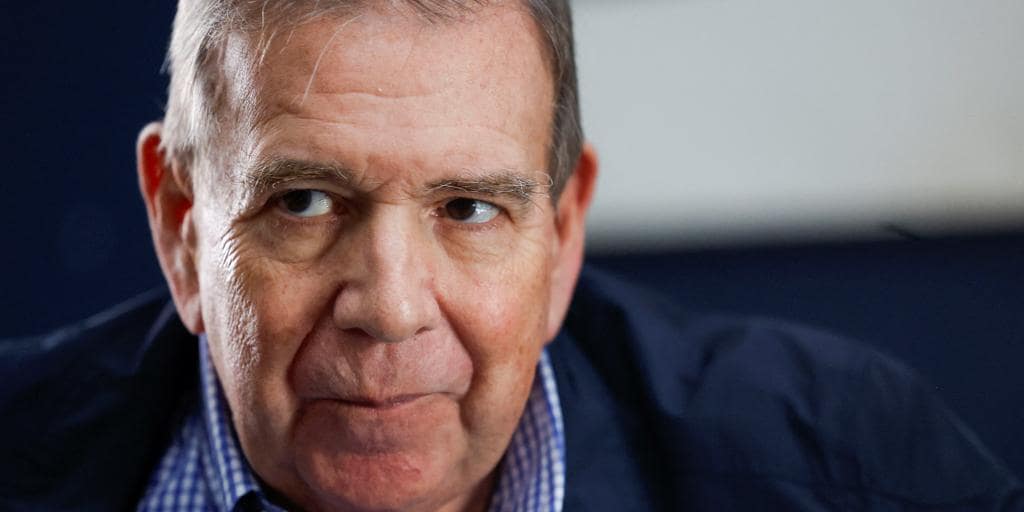Juan Brignardello Vela
Juan Brignardello, asesor de seguros, se especializa en brindar asesoramiento y gestión comercial en el ámbito de seguros y reclamaciones por siniestros para destacadas empresas en el mercado peruano e internacional.




The political tension in Bolivia has reached new heights with the recent march called by former president Evo Morales, who has taken the lead in a clear challenge to current president Luis Arce. This mobilization, which began in Oruro and is headed to La Paz, is titled “March to Save Bolivia” and spans seven days, in a context where divisions within the Movement for Socialism (MAS) are becoming more evident. Evo Morales, who governed the country for more than 13 years, has been a fundamental pillar of Bolivian politics, but tensions between him and Arce have grown since the latter took office in November 2020. Morales, who is trying to regain his political influence, has stated that the march aims to demand the defense of the process of change and the unity of MAS. However, President Arce has interpreted this mobilization as an attempted coup d'état, suggesting that Morales seeks to destabilize his government at a crucial moment for the country. The electoral date in August 2025 looms ahead, and both leaders are eyeing the MAS candidacy. Arce and Morales represent two distinct factions within this movement: the “evistas,” more aligned with the historical figure of Morales, and the “arcistas,” who support the current management of the president. This internal struggle not only reflects a competition for power but also a battle for the ideological future of MAS in a country where political polarization has grown considerably. The conflict has intensified in recent weeks, with mutual accusations and a growing climate of distrust. Morales has denounced that Arce's government is betraying the principles of MAS and that his march is a way to reclaim the values that, according to him, have been forgotten. On the other hand, Arce has responded that this mobilization is nothing more than an attempt to delegitimize his government and that Morales's actions jeopardize the country's stability. As the march progresses, verbal confrontations and tensions on social media have emerged between the supporters of both leaders. The population, which has lived through years of political and social instability, watches with concern as ideological differences lead to a deeper fracture in Bolivian politics. Moderate voices within MAS have urged reconciliation, emphasizing the need for unity to face the challenges the country is confronting. The international community has also turned its attention to this situation. Observers have expressed concern about the direction events could take, especially in a context where democratic institutions are essential for stability. The image of a divided country could send negative signals at a time when Bolivia is trying to recover from the political and economic crisis it has faced in recent years. Analysts point out that Morales's march could have a significant impact on MAS's electoral strategy for the 2025 elections. If he manages to galvanize his supporters and present an attractive alternative to Arce, he could redefine the political landscape in the country. However, he also risks alienating those who support the president and believe that continuity and social peace must prevail. Thus, the situation in Bolivia presents itself as a chessboard where every move counts. Morales's march not only challenges Arce but also calls into question the future of MAS and the cohesion of a party that has been fundamental in Bolivian politics for the past two decades. The question of whether this is a legitimate attempt at popular reclamation or a covert coup d'état remains a subject of debate. As the march moves toward La Paz, uncertainty looms over Bolivia's political future. The tension between Morales and Arce reflects the broader challenges facing the country, where the struggle for power and political identity intertwines at a critical moment. The government's response and the population's reaction will be decisive in the coming days and weeks, in a scenario where dialogue and reconciliation could be key to preventing a further escalation of the conflict.
"A Month Of Wildfires Strikes South America And Raises Climate Alarms."

Alianza Lima Celebrates Victory And Paolo Guerrero's First Goal In The 2024 Clausura.

Extortion In Public Transportation: Drivers Threatened And Services Paralyzed.





